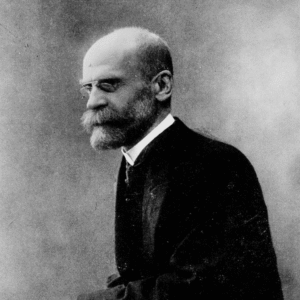Policing and Social Order
Policing does not simply mean the police. While the police are the most visible and influential agents of policing, the term refers more broadly to the diverse practices and institutions through which authority is exercised to maintain security, enforce laws, and regulate everyday life. Social order, in turn, describes the stability of social interactions, guided


